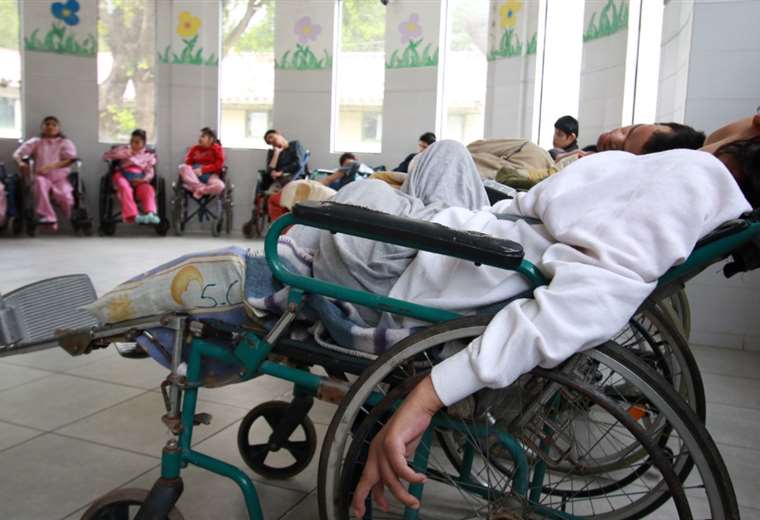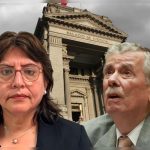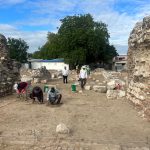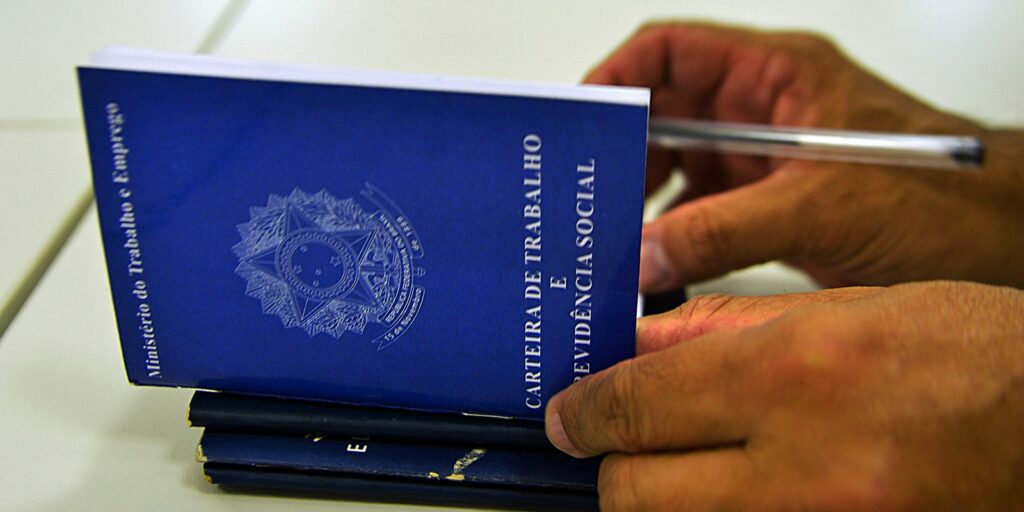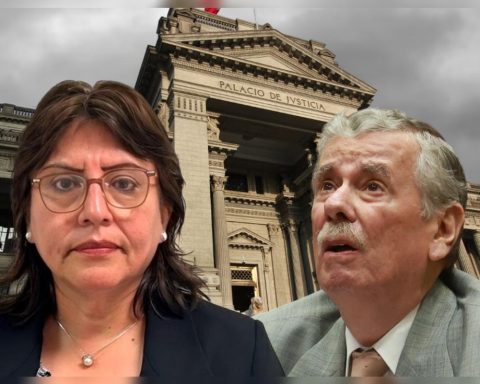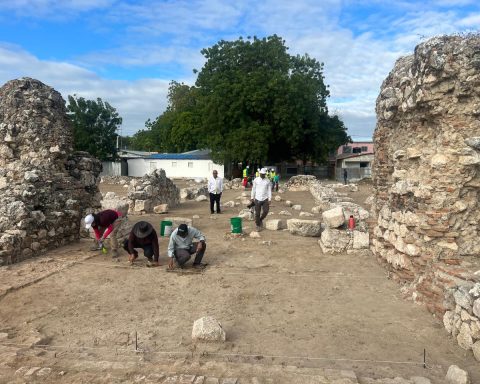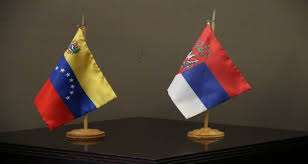April 13, 2023, 7:00 p.m.
April 13, 2023, 7:00 p.m.
Every day, at Hogar Teresa de los Andes, 180 adult diapers, in sizes M and G, and another 180 diapers for children, in the largest sizes. This figure can be increased if any of the patients have a stomach or bladder problem. Other necessary products are wet wipes and body powder, among the most urgent.
If it is about medicines, every week they are required, at least Bs 5 thousand to buy them, point from home.
Apart from that there is food. About thirty patients have a regular diet, but the rest must follow a dietconsume white foods, salty smoothies, sweet smoothies… some of them must be fed through a nasogastric tube.
A year ago, the congregation of religious who take care of the home announced that they could not take it anymore, the necessary expenses to maintain the home exceeded them and not even with the help of supportive people they were able to cover them. back then announced that, on April 1, 2022, they would close.
However, this Wednesday the 12th they indicated that they could only take 42, which were those who could fend for themselves. But the fate of the rest, whose disability is severe, was left to the central government.
The patients are more than a number, they are 83 people. Although all of them once had a blood family, few keep in touch. From home they say that 25 families, in some way, are in contact with the patients. Those that appear less do so twice a year: at Christmas and on the person’s birthdays. Only a dozen families keep an eye on their relative, visit him frequently and call to find out how he is.
The reasons why families leave their relatives at home are often different, but related, usually to lack of money or not knowing how to deal with the diagnosis what they have and how to care for them.
According to the information reported at Hogar Teresa de los Andes, María (fictitious name) was born as a result of a sporadic relationship between her mother and a man who, upon learning that the woman was pregnant, refused to recognize the child. and abandoned them. When Maria was a baby of months, her mother knew that she suffered from hydrocephalus.
It was 2002 when they both entered the Home for Single Mothers, where they stayed for a year, since at that time María’s mother began to work as a domestic worker in a private home.
But, the following year, on January 24, 2004, María had to be hospitalized at the National Health Fund, where she underwent two surgical interventions related to the hydrocephalus he suffers from. On August 21 of that year, six months after being hospitalized, María was discharged; but her mother, who had stopped working to accompany her, abandoned her.
Since that date, María has been in the Hogar Teresa de los Andes, where she was admitted as a protection measure and so that she could receive comprehensive care for her rehabilitation. 19 years have passed, Maria grew In the home.
Each of the patients has their own story, such as Fernando (conventional name), who came to the home in 1997. He was around four years old at the time, did not speak or move. The little one was brought there because heThe family that had taken him in could not take care of him. Rosa had her own family and did not have the necessary financial resources to support the child who, initially, had been protected by Luisa, her mother.
When Luisa was 74 years old, on one occasion, on the Las Viejas-San Blas road, she met a peasant and deaf-mute woman who wanted to abandon her one-month-old baby. Luisa discovered that the woman lived in a critical situation, because he did not even have enough to eat, less to procure food for his little one, so he had made the decision to leave him on the road. And since it was not known who the baby’s father was or another family that could help them, Luisa took him in and took care of him for four years. Luisa was 78 years old when she passed away.
The little boy was orphaned, Rosa was unable to continue her mother’s work and the boy was taken to the Hogar Teresa de los Andes, which is where lives and receives treatment for 26 years.
And although María and Fernando are biologically adults, their disability prevents them from functioning in life as expected for a person of his age. Each of the 83 patients in the home lives a particular reality and requires the solidarity of people who can help them, as well as the three levels of the State, according to their powers.
